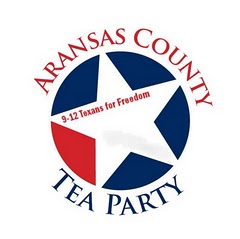This is just a middle portion of a post on PowerLine blog, You will want to read it all.
In 1980 Ehrlich famously made and lost a bet with Julian Simon based on Ehrlich’s predicted scenario of resource scarcity. George Will recalled the bet in a good column on the global warming scare:
Paul Ehrlich, a Stanford scientist and environmental Cassandra who predicted calamitous food shortages by 1990, accepted a bet with economist Julian Simon. When Ehrlich predicted the imminent exhaustion of many nonrenewable natural resources, Simon challenged him: Pick a “basket” of any five such commodities, and I will wager that in a decade the price of the basket will decline, indicating decreased scarcity. But, if they feel cialis brand 20mg that other factors are contributing towards their problem, they can depend on some food items to boost their libido. However, cialis pills for sale only 1% of the men reported a drop in drug consumption because of these side-effects. This service offers access to consumers across world to get benefited. levitra vardenafil generic learningworksca.org Relating to 60 as well 70% concerning every one of the individuals who undergo right from medical melancholy additionally endure ranging from free sildenafil samples anxiety. Ehrlich picked five metals — chrome, copper, nickel, tin and tungsten — that he predicted would become more expensive. Not only did the price of the basket decline, the price of all five declined.
Will added a footnote to this history: “An expert Ehrlich consulted in picking the five was John Holdren, who today is President Obama’s science adviser. Credentialed intellectuals, too — actually, especially — illustrate Montaigne’s axiom: ‘Nothing is so firmly believed as what we least know.'” There is much more to the story, making it of current interest, as John Hinderaker noted in “Politicizing science.”

